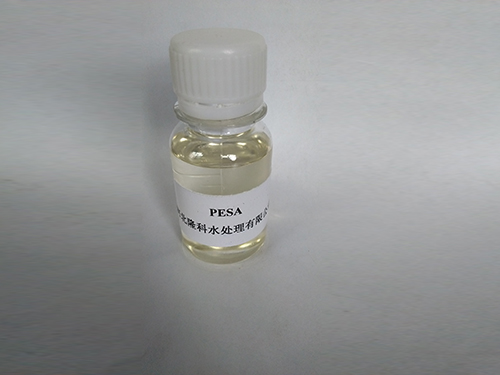Development and Applications of Diethylenetriamine Pentamethylene Phosphonic Acid in Various Industries
The Importance of Diethylenetriamine Penta Methylene Phosphonic Acid in Industrial Applications
Diethylenetriamine penta (methylene phosphonic acid), commonly abbreviated as DTPMPA, is a phosphonic acid compound widely utilized in various industrial applications. Its unique chemical structure and properties make it an invaluable additive in water treatment, oil drilling, and various other processes where controlling scale and corrosion is essential. This article explores the significance of DTPMPA, its chemical characteristics, applications, and the benefits it brings to different industries.
Chemical Structure and Properties
DTPMPA is characterized by its five phosphonic acid groups attached to a diethylenetriamine backbone. This configuration contributes to its high affinity for metal ions, allowing it to act as an effective chelating agent. The presence of phosphonate groups enhances its stability in various pH conditions, making it suitable for diverse applications. Its solubility in water allows for easy incorporation into formulations, whether they are for cleaning, treating water, or used in oilfields.
Applications in Water Treatment
One of the primary applications of DTPMPA is in the field of water treatment. Scale formation is a common issue in cooling systems, boilers, and pipelines, which can significantly impede efficiency and increase maintenance costs. DTPMPA effectively prevents the precipitation of calcium, magnesium, and other scale-forming minerals by sequestering these metal ions. This ability to control scale extends the lifespan of industrial equipment and ensures consistent operation, thereby saving costs associated with repairs and downtime.
diethylenetriamine penta methylene phosphonic acid

Moreover, DTPMPA also plays a role in enhancing the effectiveness of biocides and disinfectants. By chelating metal ions that could otherwise catalyze the degradation of biocides, DTPMPA enhances their stability and effectiveness. This is particularly important in wastewater treatment facilities and other industrial processes that require consistent microbial control.
Role in Oil and Gas Industry
In the oil and gas sector, DTPMPA serves as a vital component in drilling fluids and production processes. Its scale inhibition properties help prevent the formation of scale deposits in pipes and equipment, which can lead to blockages and operational inefficiencies. Furthermore, DTPMPA is utilized in the formulation of corrosion inhibitors, protecting metal parts from the destructive effects of hydrogen sulfide and other corrosive agents encountered in oil extraction.
The ability to control scale and corrosion not only increases the efficiency of oil and gas extraction but also minimizes environmental impacts. By reducing the frequency and severity of equipment failure, DTPMPA contributes to a safer and more sustainable operational framework in the energy sector.
Conclusion
Diethylenetriamine penta (methylene phosphonic acid) is a multifaceted compound that plays a critical role in various industrial applications. Its excellent chelating properties and ability to inhibit scale and corrosion make it indispensable in fields such as water treatment and oil and gas extraction. As industries continue to adapt to sustainability demands and seek improved efficiency, the significance of DTPMPA is likely to grow. Continued research and development could also uncover additional applications and benefits of this versatile compound, further solidifying its position in modern industrial practices.
-
Pbtc Scale InhibitorPBTC: A Scale Protector for Industrial Water TreatmentNewsAug.05,2025
-
Organic Phosphonate: An Efficient Defender in the Field of Scale InhibitionNewsAug.05,2025
-
Hydrolyzed Polymaleic Anhydride: Green Pioneer in Scale Inhibition FieldNewsAug.05,2025
-
PAPEMP Polyamino Polyether Methylene Phosphonic Acid For SaleNewsAug.05,2025
-
Flocculant Water Treatment: A Pioneer in Purification in the Field of Water TreatmentNewsAug.05,2025
-
Benzyl Isothiazolinone: An Efficient and Broad-Spectrum Antibacterial Protective GuardNewsAug.05,2025





